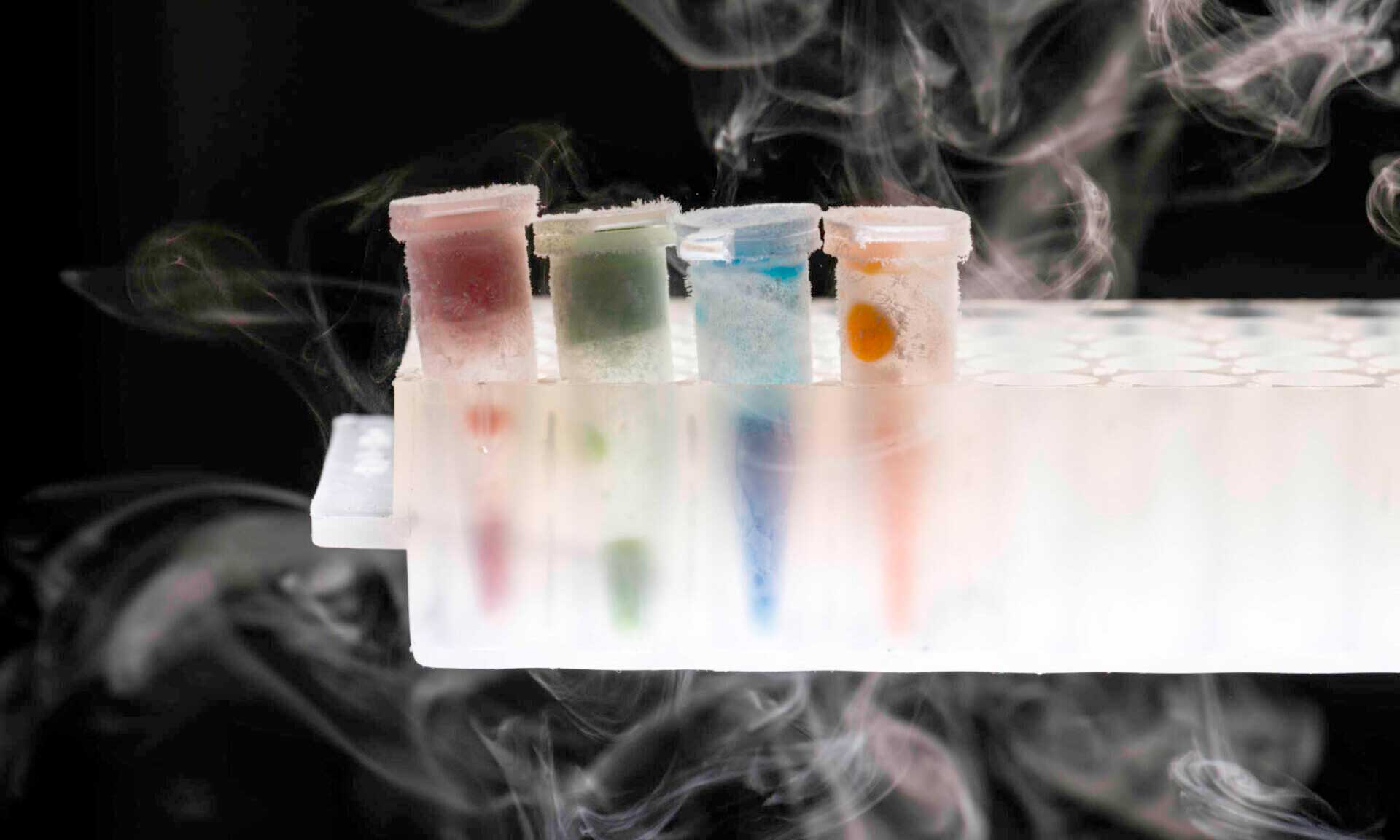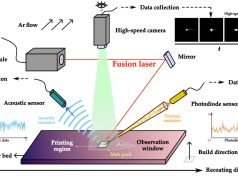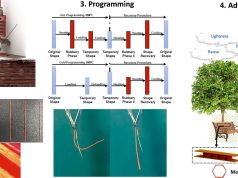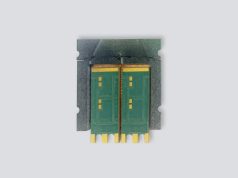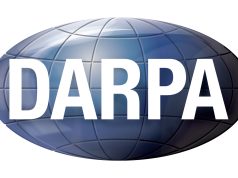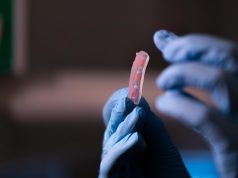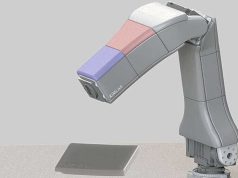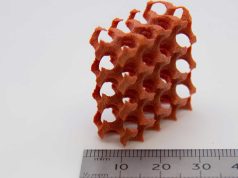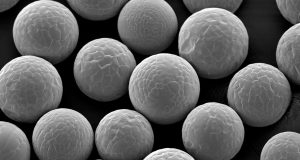Students from Rochester have developed a 3D bioprinting system that allows them to replicate chemicals found in plants, including those endangered by climate change.
The project, called “Team RoSynth”, has developed a low-cost 3D printing system to optimize the production of in-demand herbal medicines and pharmaceuticals. This innovation was presented at the 2023 International Genetically Engineered Machine (iGEM) competition and was awarded a gold medal, making the team one of the leaders in the US.
“Team RoSynth’s technology has huge potential to push forward the entire field of synthetic biology, allowing for straightforward, accessible production of new engineered living materials,” says Anne S. Meyer, an associate professor in the Department of Biology and one of the advisors for Rochester’s iGEM team.
The 3D bioprinter system designed by Team RoSynth uses hydrogels to print genetically modified bacteria and yeasts that are immersed in a nutrient-rich broth. This method allows the complicated work of final chemical production to be split between two different microbial species, simplifying and speeding up the process. A key element of the innovation is the ability of the microbes to exchange molecules while growing separately to facilitate the synthesis of the target chemicals.
“To solve this tricky problem, the students devised an ingenious solution,” Meyer says. “The yeast and the bacteria were 3D bioprinted in hydrogels, so the microbes were kept separate from each other, but the molecules they produced could exchange freely. Rosmarinic acid is a valued plant compound but was not toxic or hazardous to the students to produce. Plus, the pathway to make it is pretty complex, consisting of a large number of enzymes that act sequentially.”
As a test case, the team synthesized rosmarinic acid, a compound extracted from plants such as rosemary, sage and ferns, which is used in cosmetics and as a flavoring agent due to its antioxidant and anti-inflammatory properties. Although rosmarinic acid itself is not threatened with extinction, it served as an ideal example of the feasibility of the process.
“Since we are located in Rochester, which is adjacent to the Finger Lakes region, a major agricultural area in New York State, we thought about how the impact of climate change will lead to decreasing crop yields over the coming years and impact local supplies of plants and plant-based compounds,” says Catherine Xie, a molecular genetics major.
This project not only responds to the challenges of climate change and the associated impact on the availability of plant chemicals, but also provides an affordable solution that gives other researchers access to this technology. By providing an open-source design for the bioprinter, which can be manufactured for less than 500 dollars, Team RoSynth is opening up new avenues for the synthetic generation of plant chemicals.
Medha Pan, also a molecular genetics major, adds, “Our iGEM team was focusing on the climate crisis and agricultural shortages that we have been facing, especially in the COVID era. We have seen firsthand the importance of having accessible and reliable medication.”
“A typical bioprinter will cost over $10,000, but we engineered one under $500,” says Allie Tay, a biomedical engineering major. “We wanted to have a 3D bioprinter that would be accessible for labs to do this proof of concept with whichever molecules they choose.”
This development exemplifies the connection between nature and cutting-edge technology by showing how students can push the boundaries of synthetic biology with innovative projects. Team RoSynth’s work is a shining example of how young scientists can tackle real-world problems with creative and accessible solutions.
“Projects like these usually take years for Ph.D. or grad students to develop,” Tay says, “and the fact that we’re undergrads doing this and we were given from February to November—I think that’s a pretty big undertaking.”
Subscribe to our Newsletter
3DPResso is a weekly newsletter that links to the most exciting global stories from the 3D printing and additive manufacturing industry.



